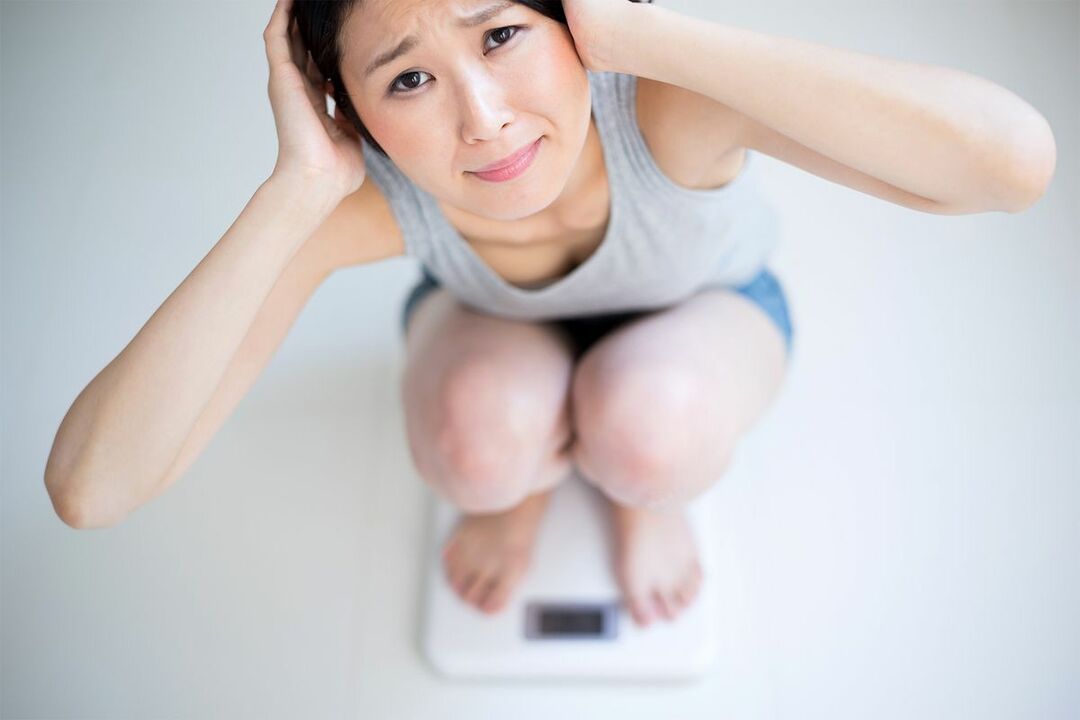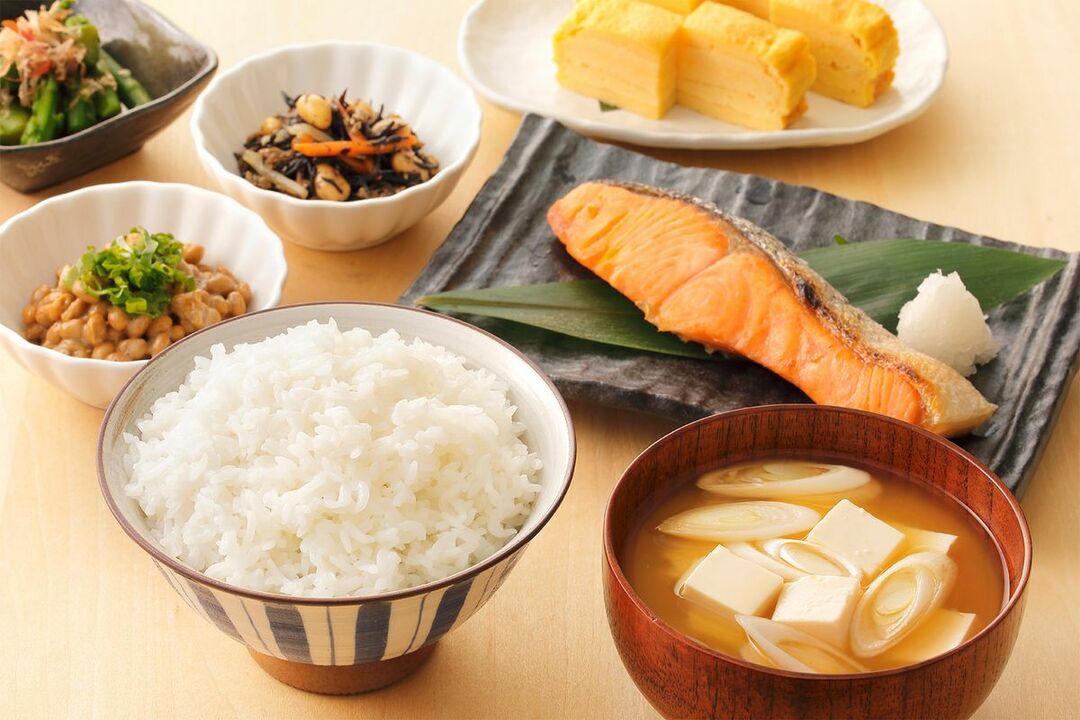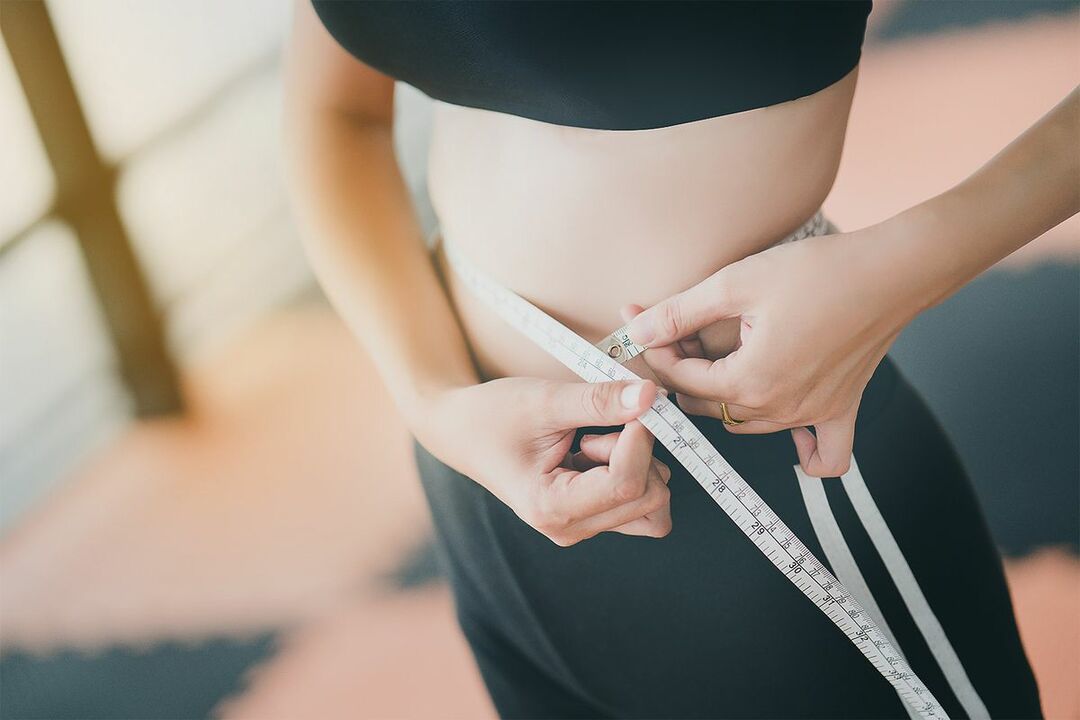Japanese is one of the most popular eating habits. This is in demand with those who are losing weight. According to reviews, the diet helps lose excess and maintain a stable weight. The program is followed strictly and without concessions, but only for a short period: no more than 14 days.
This is in demand with those who are losing weight. According to reviews, the diet helps lose excess and maintain a stable weight. The program is followed strictly and without concessions, but only for a short period: no more than 14 days.
Like any diet, the Japanese diet has a number of serious contraindications, which are listed below. In certain cases, an unbalanced diet leads to a deterioration in the general condition of the body. A large amount of protein foods, a lack of fiber and vegetable fiber lead to problems with the gastrointestinal tract. And few are able to withstand strict food restrictions.

Therefore, before experimenting with a new diet, you should consult a nutritionist and get a qualified recommendation.
There is no precise information on who came up with the name for this diet. One guess is that the diet is reminiscent of the Japanese philosophy: do your best for a reward. In addition, followers of oriental culture argue that the Japanese are very cautious in their diet and eat low-calorie foods in small portions. It is also believed that the nutritional regimen was invented by Japanese nutritionists. In any case, it has nothing to do with the misconception that the diet includes rice dishes, sushi, soy sauce, seafood, and other Japanese dishes.

Japanese diet rules
Basic principles:
- Duration - 14 days;
- small portions;
- Drinking balance: 1. 5-2 liters of water per day;
- daily caloric intake: 700-800 kcal;
- three meals a day excluding snacks;
- Products strictly according to the specified list;
- Elimination of salt and sugar;
- Diet involves the right way out.

What you can eat:
- lean fish;
- low-fat dairy products: cottage cheese, Greek yogurt, kefir;
- Eggs;
- lean meat: chicken, turkey, lean pork, and beef;
- Low sugar fruits;
- Low starch vegetables;
- a small amount of olive oil;
- Tea and coffee without sugar.
Things to Avoid:
- Bananas, grapes, fruits with a high sugar content;
- starchy vegetables;
- Confectionery and baked goods;
- Semi-finished products, preserves, preparations;
- Foods high in natural and artificial sugar;
- Dairy products;
- Beef, pork;
- Butter, sauces, ketchup and mayonnaise;
- Breakfast cereals, muesli, muesli;
- Chips, biscuits, bars;
- Alcohol, carbonated and sugary drinks.
14 Day Japanese Diet Grocery List
- green tea, coffee, kefir 0, 1-1%, still water, tomato juice;
- White cabbage, zucchini and eggplant, carrots;
- one kilogram of fruit: green apples, pears, citrus fruits;
- one kilogram of chicken fillet, lean meat, sea fish, beef, veal;
- low fat hard cheese;
- two dozen eggs;
- Olive oil.

Japanese diet for 14 days: menu
The first day
- Breakfast: a glass of warm water, coffee.
- Lunch: boiled cabbage, 2 boiled chicken eggs, washed down with a glass of tomato juice.
- Dinner: 200 g of fish.
Second day
- Breakfast: two soft-boiled eggs, green tea.
- Lunch: steamed or fried zucchini.
- Dinner: 100 g of boiled meat.
Day three
- Breakfast: a cup of tea or coffee, a biscuit or a slice of rye bread.
- Lunch: raw egg, 15 grams of hard cheese, three boiled carrots.
- Dinner: tuna and cucumber salad.
Day four
- Breakfast: grated carrots, seasoned with lemon juice.
- Lunch: 200 g of fruit.
- Dinner: 200 g of boiled fish, a glass of tomato juice.
Day five
- Breakfast: 200 g of low-fat cottage cheese, black coffee.
- Lunch: 200 g chicken fillet, fresh cabbage and carrot salad with vegetable oil dressing.
- Dinner: carrots and two eggs.
Day six
- Breakfast: a glass of yogurt without additives, green tea.
- Lunch: 200 g steamed veal, grated carrot salad with butter.
- Dinner: a glass of kefir.
Seventh day
- Breakfast: a glass of yogurt without additives, green tea.
- Lunch: 200 g chicken fillet, Chinese cabbage salad with butter.
- Dinner: 200 g steamed veal, grated carrot salad.
Day eight
- Breakfast: black coffee, 200 g of cottage cheese.
- Lunch: a glass of tomato juice, cabbage and apple salad with vegetable oil.
- Dinner: two eggs with steamed vegetables, steamed broccoli.
Day nine
- Breakfast: carrots with lemon juice.
- Lunch: 200 g of fish, a glass of tomato juice.
- Dinner: 200 g of fruit.
Day ten
- Breakfast: black coffee.
- Lunch: 50 g of cheese, three carrots stewed with vegetable oil, boiled egg.
- Dinner: 200 g of boiled or fried fish.
Day eleven
- Breakfast: biscuit or a slice of rye bread, coffee.
- Lunch: 50 g of hard cheese, grated carrots, boiled egg.
- Dinner: 200 g of beef, two eggs, coleslaw, seasoned with vegetable oil.
Day twelve
- Breakfast: a cup of green tea.
- Lunch: 200 g of boiled beef.
- Dinner: 300 g chicken fillet.
Day thirteen
- Breakfast: a glass of kefir.
- Lunch: 200 g of boiled meat, Chinese cabbage salad with butter.
- Dinner: drink yogurt, green tea.
Day fourteen
- Breakfast: 200 g of low-fat cottage cheese.
- Lunch: 100 g of baked Brussels sprouts and green beans, 200 g of boiled fish.
- Dinner: two boiled eggs, carrots.

Contraindications
The diet is not recommended for:
- Gastritis, stomach ulcers, kidney and liver diseases, heart and vascular diseases;
- Hypertension;
- Diabetes mellitus;
- Thyroid disorders;
- Diseases of the gastrointestinal tract of any complexity;
- hard physical work, serious sports;
- hard physical and mental work;
- Liver failure and kidney disease;
- For old people;
- overweight persons;
- pregnant or nursing mothers.













































































